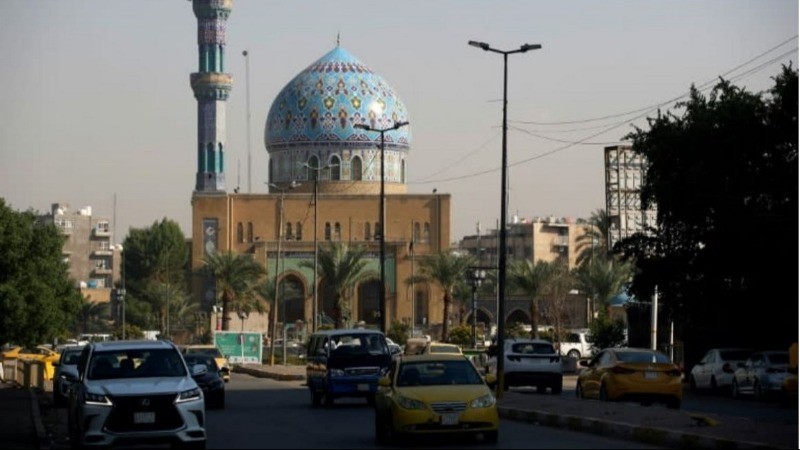
BAGHDAD: Iraq has launched its first national census in nearly four decades, marking a significant step toward modernizing data collection and planning in a nation deeply affected by years of conflict and political unrest.
The census, which began on Wednesday, is expected to have far-reaching consequences for Iraq’s allocation of resources, budget distribution, and future development. However, the process is not without controversy, especially among minority groups who fear that a decrease in their population numbers could lead to a loss of political influence and fewer economic benefits under Iraq’s sectarian power-sharing system.
The census will also cover areas with disputed control, such as Kirkuk, Diyala, and Mosul, regions where the central government in Baghdad and the semi-autonomous Kurdish regional government in the north have long contested authority. These regions have attracted significant attention due to the sensitive nature of the count.
Ali Arian Saleh, the executive director of the census at the Ministry of Planning, said that agreements were made to ensure fairness in the disputed areas. He confirmed that representatives from all major ethnic groups, including Kurds, Arabs, Turkmen, and Christians, will assist in conducting the census in these areas to guarantee impartiality.
The last full census in Iraq took place in 1987, while a subsequent one in 1997 excluded the Kurdish region.
Planning Minister Mohammed Tamim said the new census would “chart a developmental map for the future and send a message of stability” in a televised address.
For the first time, the census will utilize advanced technologies to gather and analyze data, offering a more detailed view of Iraq’s demographic, social, and economic conditions. Approximately 120,000 census workers will be deployed to survey households, with each worker covering about 160 homes over two days.
To ensure public safety and security during the census, the Interior Ministry has imposed a nationwide curfew, limiting the movement of people, vehicles, and trains between cities and rural areas, except in humanitarian cases.
The census will be conducted using the “de jure” method, meaning that individuals will be counted in the areas where they currently reside. This includes internally displaced persons who have settled in new areas due to years of conflict, but does not account for Iraqis living abroad or those who have been forced to flee to other countries.
Saleh also estimated Iraq’s population at 44.5 million and highlighted that the Kurdish region’s share of the national budget — which currently stands at 12% — is based on an estimated population of 6 million. The new census is expected to provide clearer data on the number of public employees in the Kurdish region as well.
Israel PM Netanyahu Discusses Iranian Threat and Strengthening US-Israel Alliance with Trump